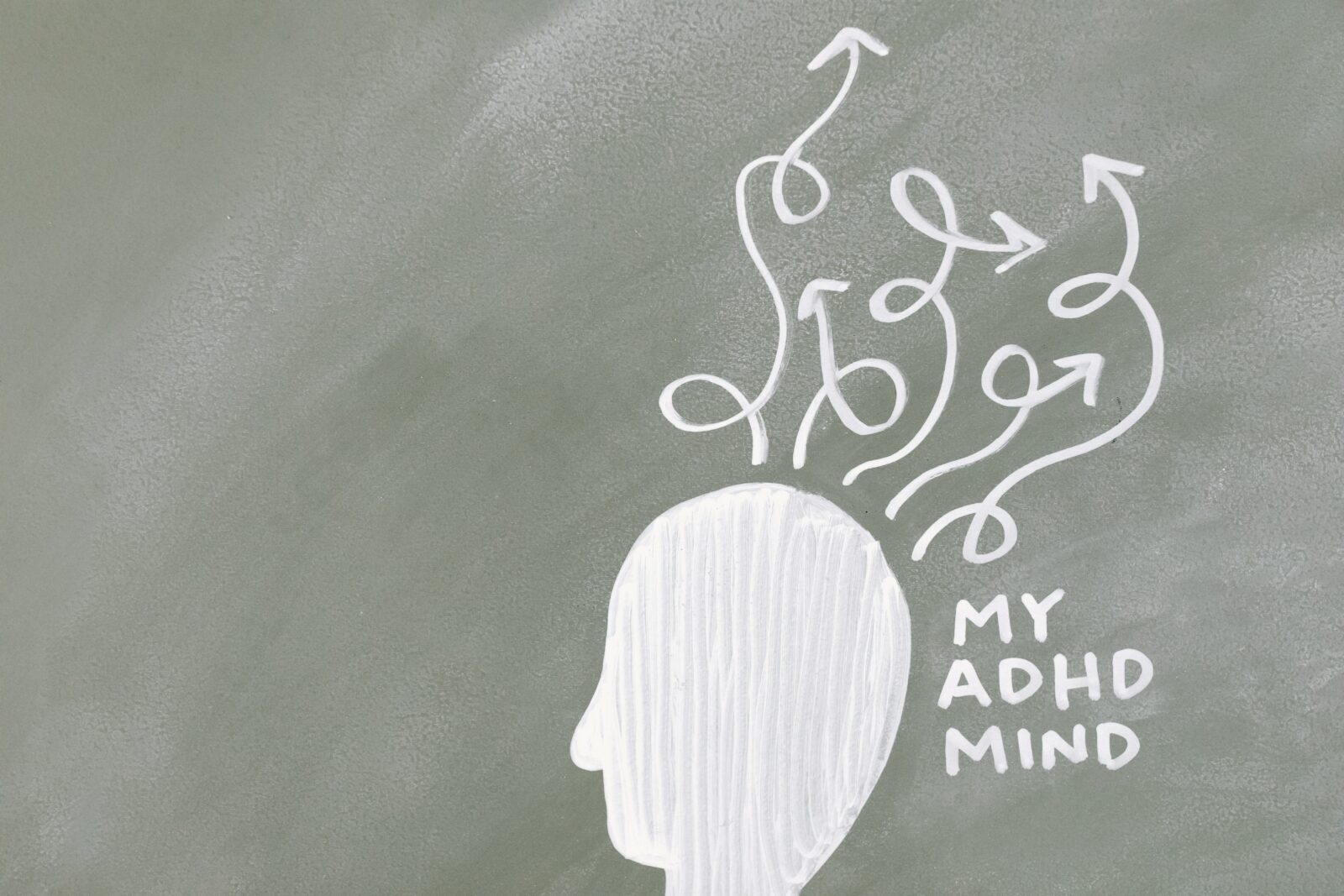
Attention deficit hyperactivity disorder (ADHD) is a mental health condition that has a range of symptoms such as impulsive behaviors and difficulty focusing one’s concentration. Regular exercise can be beneficial for improving both cognitive function and behavior, along with other treatments such as medication and behavioral management strategies.
Both cardiovascular and non-cardiovascular exercise show the potential as adjunct treatments for ADHD symptoms. However, exercise alone may not always result in improvement in all aspects of ADHD symptoms.
Will exercise help with ADHD?
Regular exercise is important for everyone. It helps keep your body healthy, improve your overall quality of life, and boost your mood. Now, a growing body of scientific research suggests that exercise may be particularly beneficial for people with ADHD. These benefits include:
- reduced impulsivity
- reduced hyperactivity
- improved attention control
- enhanced executive functioning
A 2017 meta-analysis of research on the issue linked cardiovascular and non-cardiovascular exercise to beneficial effects for ADHD. Cardiovascular exercises raise the heart rate, increase the breath rate, and induce the body to sweat. Typically, non-cardiovascular exercise does not have these physical effects. The researchers concluded that moderate cardiovascular exercise may reduce ADHD symptoms in adults and children. The study noted that more evidence is needed to show that non-cardiovascular exercise provides the same benefits.
How does exercise help with ADHD?
Many factors contribute to ADHD. However, research also shows that people with ADHD may have distinct structural differences in certain areas of the brain such as the frontal lobe. These differences may cause the brain to respond differently to neurotransmitters like norepinephrine and dopamine. Both chemicals play key roles in attention and cognitive function.
Members Only Content
To continue reading please subscribe to WellnessPlus by Dr. Jess MD
Be your own best doctor with our comprehensive suite of online health coaching tools.
